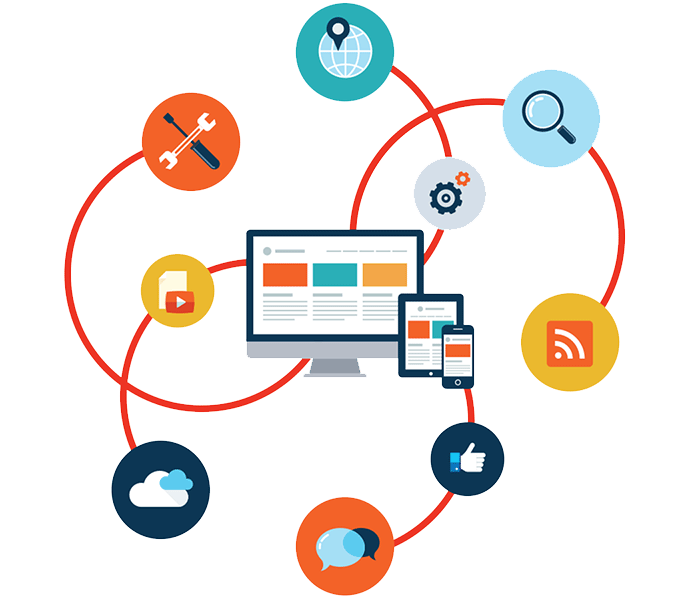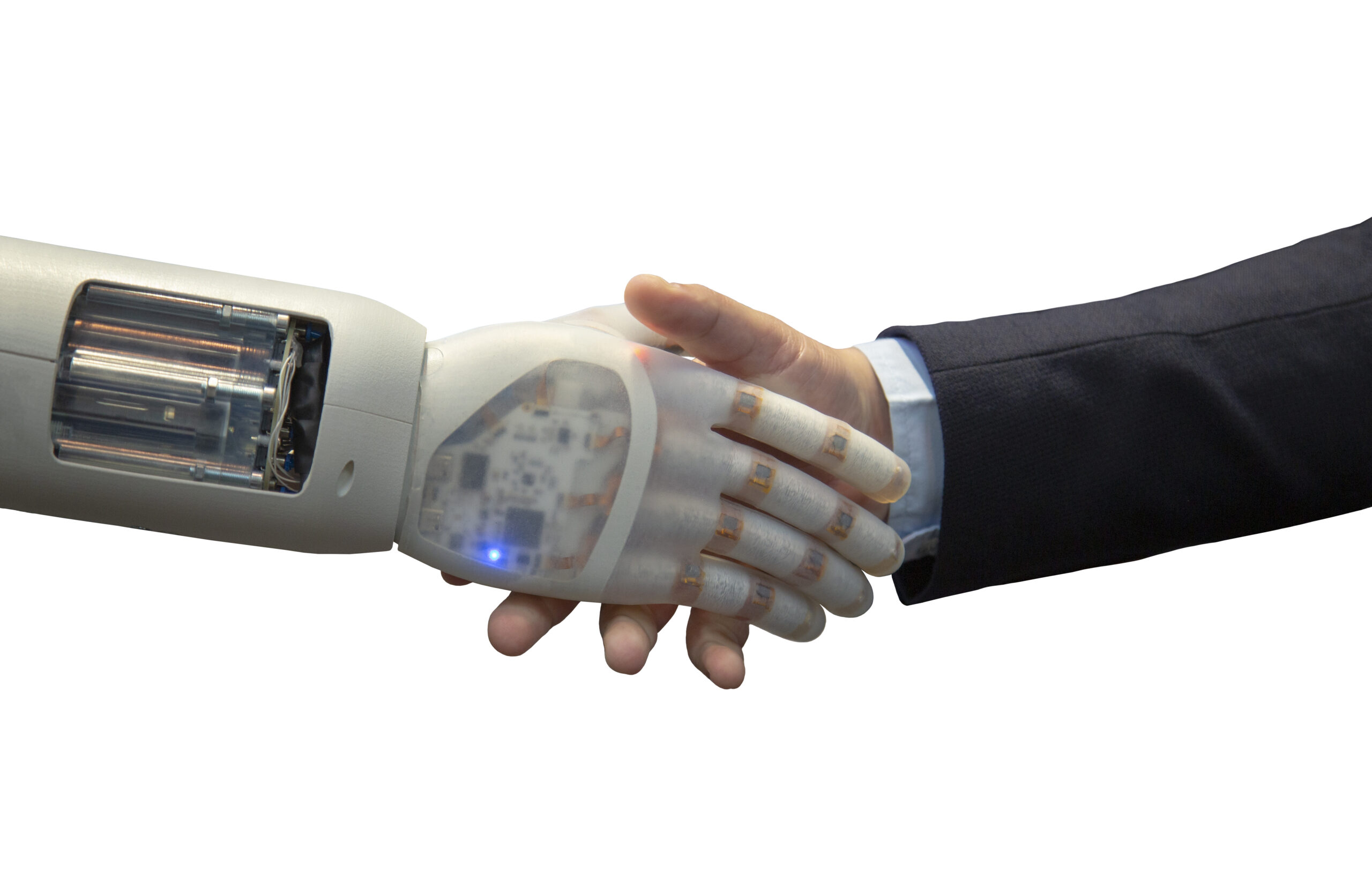Beyond Automation: Why Augmentation Is the Future of Legal Tech
A few years ago, people expected autopilot technology to dominate roads by 2021. While full automation isn’t yet here, modern vehicles now use AI for features like lane detection, collision warnings, and assisted reverse maneuvers.
This analogy serves to clarify the real potential of AI in legal strategy. The goal isn’t to eliminate lawyers—but to augment their capabilities. Like these vehicles, AI legal tools aren’t anti-lawyer—they’re pro-efficiency. They help legal professionals work faster, make smarter decisions, and focus on more strategic tasks.
In today’s legal environment, artificial intelligence isn’t science fiction—it’s operational reality. AI encompasses a growing set of technologies used to complete specific legal functions, from document automation for lawyers to expertise automation in legal tech. It’s reshaping the legal landscape while keeping the human element intact.
AI in Action: Transforming Legal Workflows
The legal industry is undergoing a fundamental shift as AI and machine learning in law are adopted across practice areas, dramatically reducing costs and simplifying processes.
Smarter Legal Research & Insights
Legal research is no longer a manual chore. With AI tools like Case Polaris, professionals now enjoy:
- Semantic search that understands context beyond simple keywords
- Passage-level retrieval that pinpoints the most relevant parts of lengthy documents
- Automated case analysis using precedent databases to predict likely outcomes
This means lawyers can now assess the strength of cases, uncover missing precedents, and draft compelling arguments—within seconds, not hours.

Enhancing Transactional Law
AI also revolutionizes legal workflow tools for transactional law. Platforms now automatically draft contracts from legal templates and past agreements, enabling lawyers to concentrate on strategy and negotiation. Document review and analysis—previously a multi-week task—is now completed in minutes using AI legal tools.
Even judges increasingly rely on AI to validate legal submissions and check for missing citations, solidifying its role in courtroom preparation.
Supporting Expertise Automation & Expanding Access to Justice
One of the most powerful applications of AI lies in access to justice through AI. Many Canadians cannot afford legal assistance. Case Polaris and similar tools fill this gap by automating legal research and offering step-by-step support through interactive AI conversations.
These expert systems are built on legal logic trees and case knowledge, offering:
- Legal claim assessments
- Directional guidance and alternative routes
This isn’t about replacing lawyers—it’s about democratizing legal help for underserved populations.
Responsible Innovation: Mitigating Bias in Legal AI Systems
AI promises speed and scale—but must be implemented responsibly. Because machine learning in law relies on historical data, it may unintentionally reinforce systemic inequalities if unchecked.
To ensure fairness, the legal tech community must:
- Build transparent AI systems
- Conduct bias audits and create mitigation strategies
- Develop industry standards for responsible AI regulation
By embedding ethics into design, AI becomes a tool for justice, not inequality.

Human + Machine: The Augmented Legal Future
Just like how AI hasn’t replaced drivers, it won’t replace lawyers. Instead, it empowers them.
The future of AI in law will be defined by augmentation. Legal professionals who adopt AI as a strategic partner can:
- Eliminate repetitive tasks
- Improve client engagement
- Provide data-backed legal insights
- Expand their reach to underserved client
Lawyers who embrace this evolution will lead a new era—one where strategy, service, and accessibility are enhanced by powerful, reliable AI partners like Case Polaris.
📚 Source: Isabelle Moulinier







